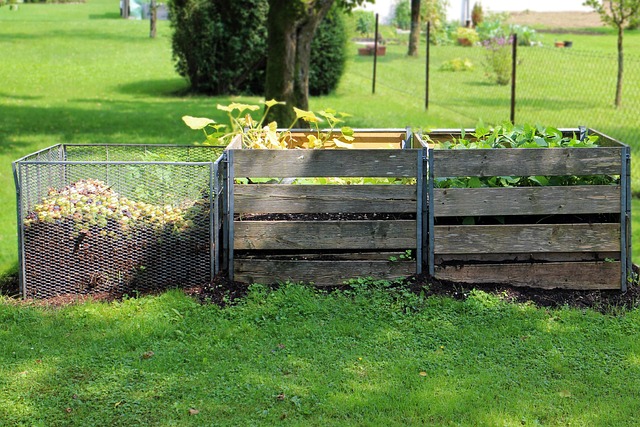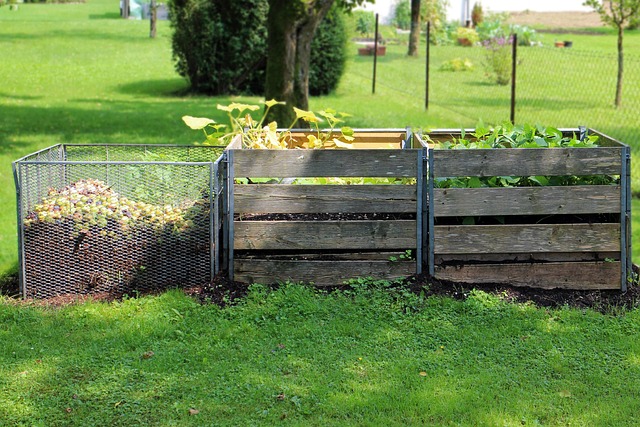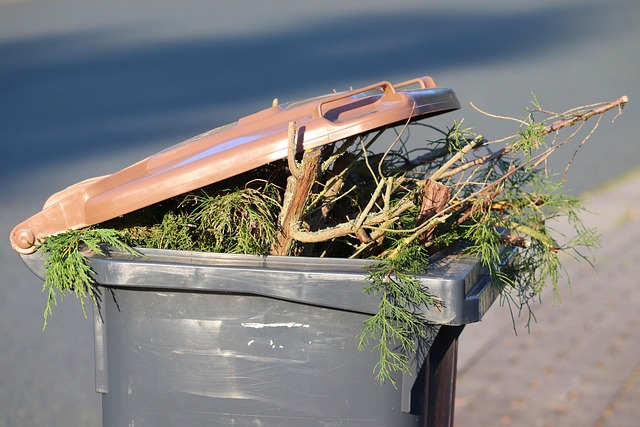10 Eco-Friendly Tips for Using a Compost Bin in Your Garden
Transforming organic waste into nutrient-rich soil is a powerful way to contribute to the environment while cultivating your garden. Using a compost bin is not only an eco-friendly choice but also a fulfilling practice that harmonizes human activity with the rhythms of nature. Here are some tips to maximize the benefits of your composting adventure!
1. Choose the Right Location
Position your compost bin in a spot that’s easily accessible and gets good sunlight. This warmth will help accelerate the composting process. Consider placing it near your garden to make it convenient for adding kitchen scraps and garden waste.
2. Balance Green and Brown Materials
For effective composting, aim for a balanced mixture of green materials (like vegetable scraps and grass clippings) and brown materials (such as dry leaves and cardboard). This balance keeps your compost rich in nutrients and helps it decompose efficiently.
3. Avoid Meat and Dairy
While it’s tempting to toss all organic waste into your compost bin, avoid adding meat and dairy products. They can attract pests and create unpleasant odors. Stick to fruits, vegetables, eggshells, and coffee grounds for a healthier compost.
4. Chop and Shred Waste
By chopping and shredding your organic waste into smaller pieces, you will speed up the decomposition process. Smaller bits decompose faster, giving you rich compost sooner. Think of it as breaking down barriers to earth’s natural recycling process!
5. Aerate Regularly
To keep your compost bin working efficiently, remember to aerate it regularly. Turn the pile every few weeks with a pitchfork or shovel to introduce oxygen, which helps accelerate decomposition and prevents any unpleasant odors!
6. Keep it Moist, but Not Soaked
Your compost should be like a damp sponge – moist but not dripping wet. If your compost bin is too dry, the materials won’t break down effectively. On the other hand, excess moisture can lead to anaerobic conditions. Monitor the moisture level and adjust as necessary.
7. Be Patient
Composting is a natural process that takes time. Depending on the materials and conditions, it may take several weeks to months to turn your scraps into beautiful compost. Embrace the wait as nature does its magic, and you’ll be rewarded with nutrient-rich soil for your garden!
8. Use Compost to Enrich Your Soil
Once your compost is ready, use it to enrich the soil in your garden. This is the moment you’ve been waiting for! Mix it into planting beds or use it as a top dressing for established plants to boost their growth without harmful chemicals.
9. Create a Composting Community
Engage with your local community by sharing your composting journey. You can participate in workshops, exchange tips, or even start a communal compost bin in your neighborhood. This fosters a greener mind-set and strengthens community ties through shared eco-consciousness.
10. Educate Others
Spread the word about the benefits of using a compost bin. Whether through blogs, social media, or community talks, educating others helps create a wave of eco-awareness. Together, we can cultivate a greener planet with fewer wasteful habits!
Using a compost bin isn’t just about recycling waste; it’s about fostering a deeper connection with our environment and recognizing our role in nurturing nature. Let’s roll up our sleeves, embrace the soil, and support our beautiful planet one compost bin at a time!



